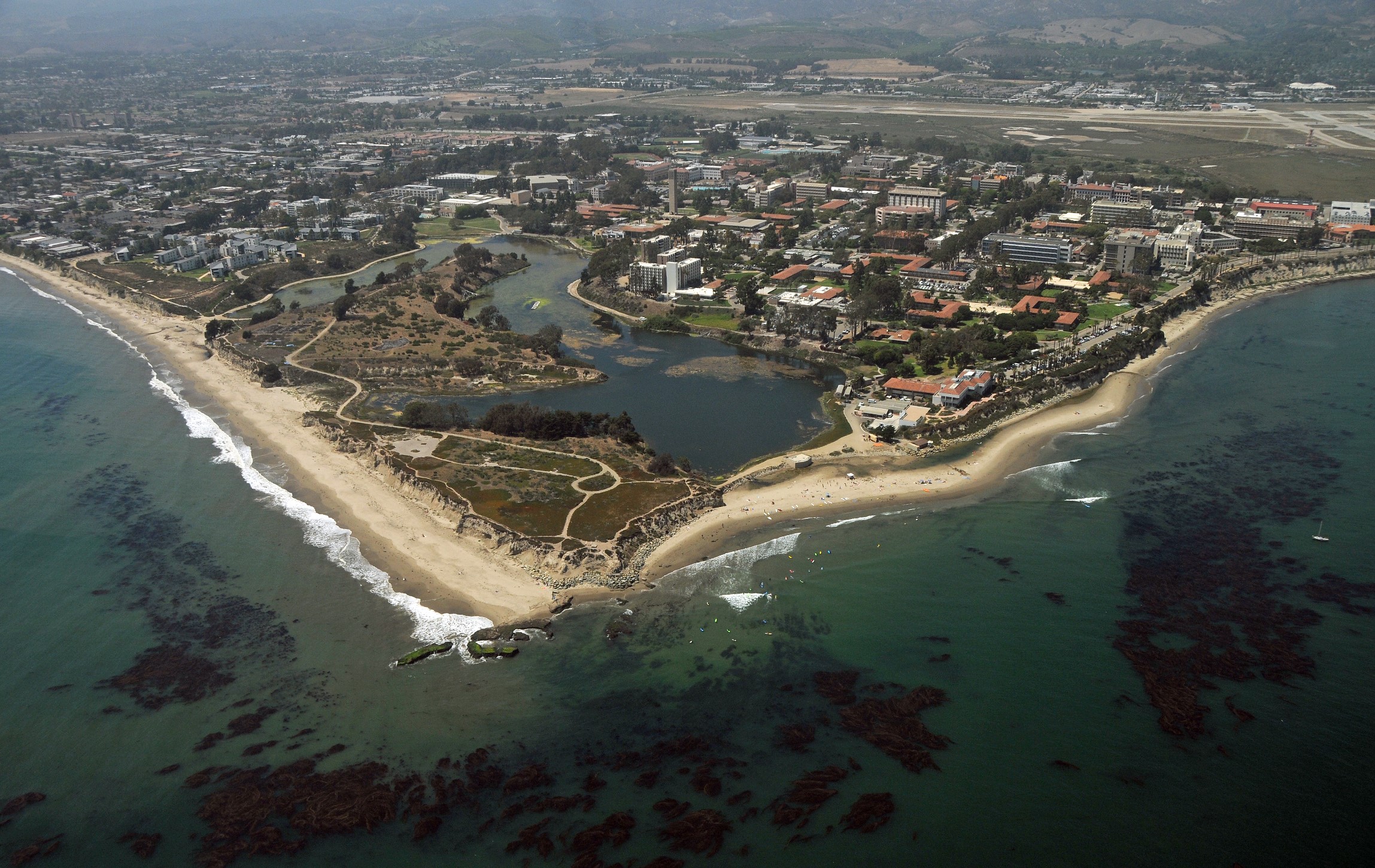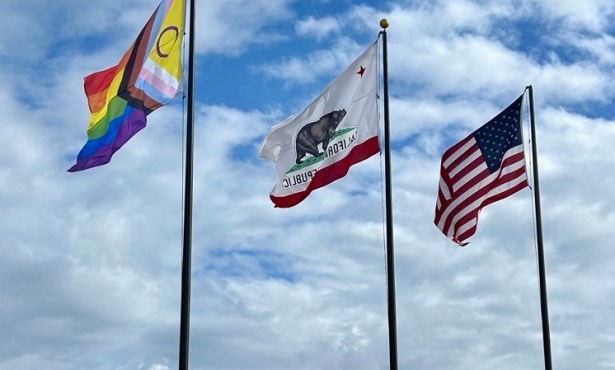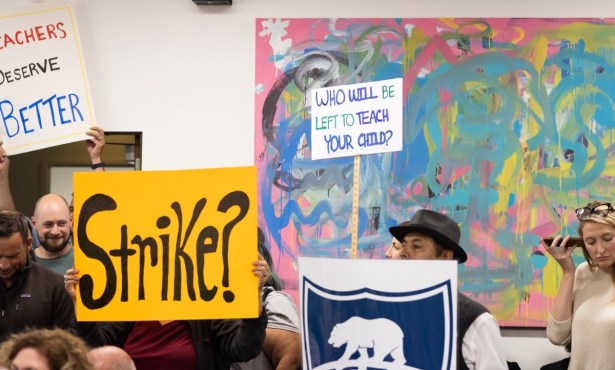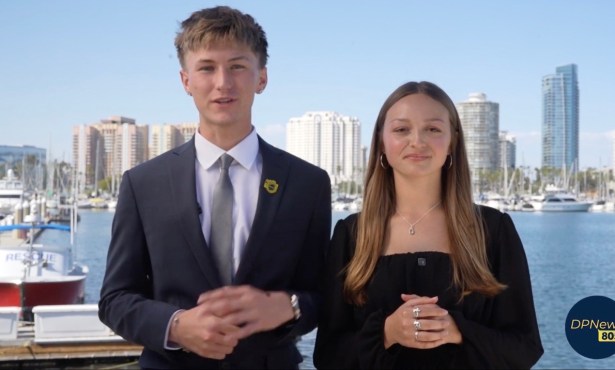UCSB Student Group Demands Administration Write Student Checks With Federal Funds
University Declines to Explain Use of Remaining Funds

UC Santa Barbara’s Young Democratic Socialists of America (YDSA) are calling on Chancellor Henry T. Yang and his administration to pay each eligible student $900 as compensation for any financial hardships and the substandard quality of education since the transition to virtual learning over a year ago.
UCSB received $25,204,196 in federal funds after the passage of the Coronavirus Aid, Relief, and Economic Security (CARES) Act on March 27, 2020, and a second payment of the same amount after the approval of the Coronavirus Response and Relief Supplemental Appropriations (CRRSA) Act on December 27, 2020, securing a total of $50,408,392 in aid.
“By law, [the university] had to spend half of the money, which is around $12.6 million, on checks that went directly to students. The other $12.6 million left over was discretionary,” said YDSA chapter secretary Patrick Fairbanks, adding that the same stipulations applied to the funds received through both the CARES Act and the CRRSA Act.
The university’s Office of Financial Aid and Scholarships, which was responsible for dictating the requirements that students had to meet to receive payment, awarded 88.6 percent, or $11,165,459, of the aid from the CARES Act among 13,028 undergraduate students and the remaining 11.4 percent, or $1,436,639, among 2,249 graduate students.
The administration, however, evaluated students’ financial needs based on their income before the start of the pandemic and the accompanying wave of severe economic upheaval for millions of Americans.
“They used information from FAFSA forms filled out before COVID-19 to decide which students would receive checks, and more importantly, only 56 percent of the eligible student body got any money whatsoever,” said Fairbanks.
The CRRSA Act, unlike the CARES ACT, provided special consideration to “student parents, formerly incarcerated students, former foster youth, unaccompanied homeless youth, and students with an approved dependency override appeal” and required students to complete the 2020-2021 FAFSA forms to accurately determine financial need.
The university’s financial aid office awarded 76.9 percent, or $9,690,350, in funds from the CRRSA Act among 11,193 undergraduate students, with an additional $1.4 million being set aside for successful appellants as well as Summer Emergency Awards. The remaining 11.5 percent, or $1,449,981, has been allocated to the university’s graduate division.
While UCSB has distributed the legally required amount of financial aid to qualifying undergraduate and graduate students and has designated an additional $2 million from the CARES Act toward sanitation of campus facilities, the administration has refused to disclose the intended use of the remaining $22 million thus far, which the YDSA is asking to be evenly distributed among qualifying students in the form of $900 checks.
Fairbanks explained that he and fellow members of the organization decided to push forward with the campaign after noticing some irregularities in the amount of money deposited in students’ accounts and the lack of transparency about the stimulus packages across several college campuses.
“Some of us got $1200, some of us got $500, some of us got nothing, and that’s what got us asking questions in the first place. [The university] gave us the public records of what they spent on the student checks through the CARES Act,” Fairbanks said.
“When the CRRSA Act was passed and we talked to the administration once again, they told us that the school had received the exact same amount of money as the first time — down to the cent — and that they were going to use the funds in the exact same way as the first time.”
According to Fairbanks, the phrasing of the official documents that outline the authorized uses of the aid is open to interpretation and essentially allows universities to administer the unused funds of their own accord.
“The second half of the money is discretionary to cover any COVID-related expenses; that’s the exact language, so what the university decided to label as a COVID-related expense is really up to them,” explained Fairbanks. “For example, they’re not making as much money from student housing. Suddenly, that’s a COVID-related expense, even though all the administration cares about is hitting their profit margins.”
Despite multiple emails and requests for comment from the organization, UCSB has neither provided a clear explanation about its plans for the remaining funds nor responded to the YDSA’s request to apportion the $22 million among eligible students, which legally excludes international and undocumented students. The request was also filed as a petition on behalf of the campus community on April 4, 2021, which has still not been acknowledged by the university.
“I think we started asking them to do things that they didn’t want to do, so it’s easier to ignore us than to tell us no,” said Fairbanks, who explained that he and other members of YDSA had previously met with lower-level administrators over video calls. “We had multiple meetings on Zoom, and they were pretty bristly and antagonistic about our questions.”
“There’s $22 million that’s just sitting around untouched. The university didn’t do right by half of these people — the first time or the second time — and these people are still hurting.”
The UCSB administration did not respond to requests for comment.
Support the Santa Barbara Independent through a long-term or a single contribution.



